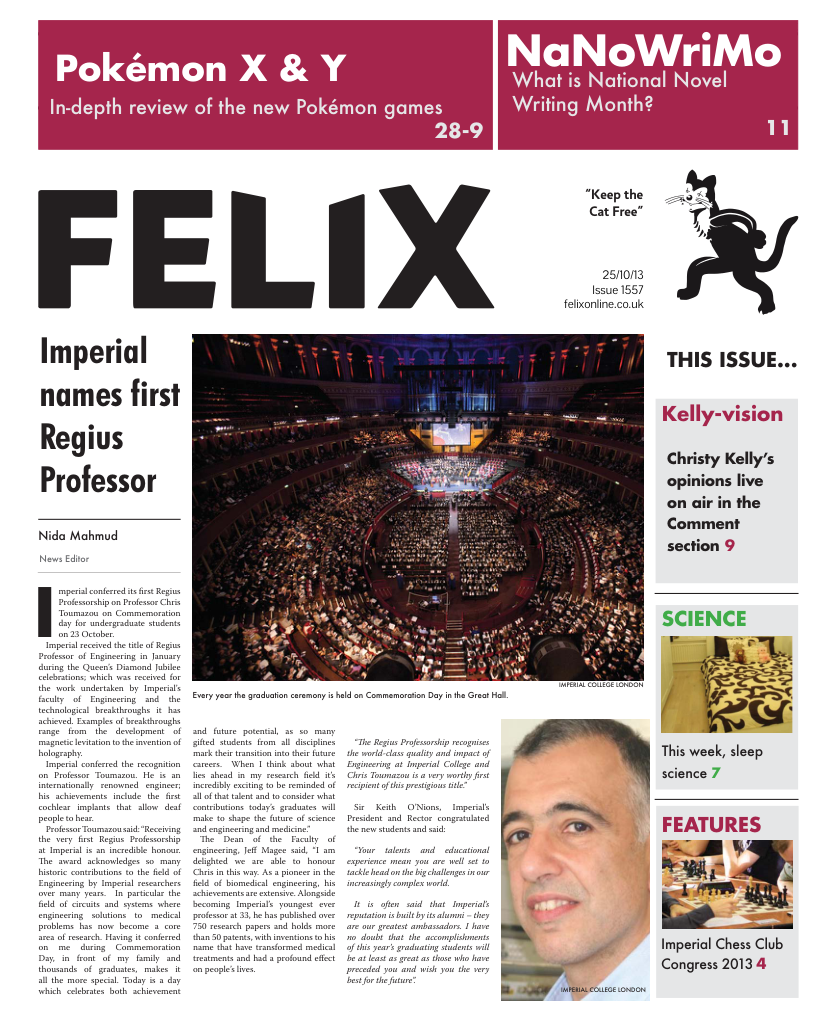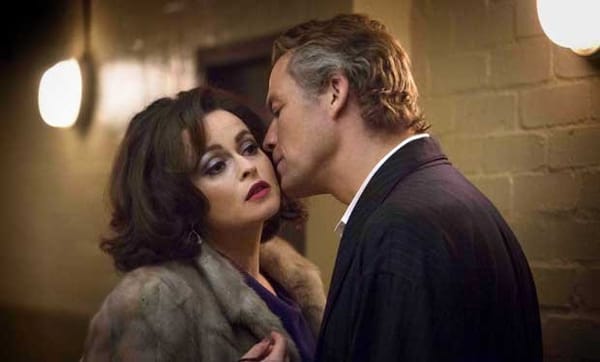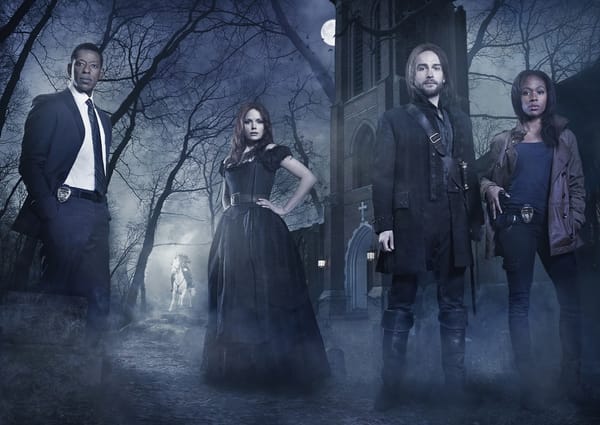Scar Jo gets under your skin
Fred Fyles on Scarlett Johansson's latest film

Under the Skin
Director: Jonathan Glazer Writers: Walter Campbell, Jonathan Glazer, Michele Faber (novel) Starring: Scarlett Johansson, Paul Brannigan Runtime: 107 minutes
To say that Under the Skin is a marmite film would be an understatement. When Jonathan Glazer’s first directorial effort in 9 years was shown at the Venice Film Festival it was met with a mixture of cheers and boos; Xan Brooks of the Guardian gave it five stars, and called it “the best film in the competition by far”, while the Independent called it “laughably bad”. But as the credits start to roll during this showing at the London Film Festival, the deathly silence that has bathed the auditorium is broken, by the sound of thunderous, rapturous applause. Beginning with a Kubrickian sequence of what appears to be objects in space, but turns out to be an eye, Under the Skin tells the tale of a mysterious alien who roams around Glasgow, picking up men in its van and entombing them in a dark abyss. Scarlett Johansson plays the creature to perfection, surveying the world she sees around her with an indifferent lack of understanding; subverting the classic idea of a femme fatale, she tempts men into her web, her eyes remaining dead below her vampy wig. Taking care to choose the loners of society — those without girlfriends or family; those who won’t be missed — she tempts them forward, like some kind of ancient goddess, before they are submerged in a viscous liquid, black as an oil slick. Based upon the book of the same name by Michael Faber, Glazer has dissected away any unneeded plot details, keeping explanation to a minimum. Following the creature around is a motorbike rider, credited only as ‘The Bad Man’. Whether he is her carer, employer, or something more sinister, we never find out. When the creature meets a man with a facial deformity, as much of an outcast as she is, an element of humanity is introduced that begins to spread like a virus. She tries to fit in, but the all-too-human emotions, experiences, and sexuality get stuck in her throat like the cake she attempts to eat. Filmed covertly using a series of cameras developed specially for the film, Johansson interacts with Glaswegian locals, unaware that they are appearing in a film, taking the voyeurism to an almost-Hitchcock level; we are watching Her, watching Them, who are watching Her, all through a miasma of cold sweat. These cameras turn the streets of Glasgow into an alien terrain; transform a crowded nightclub into a claustrophobic hell, entombed in dry ice and sweat. The dramatic hills and seas surrounding Glasgow form the perfect backdrop to Glazer’s dark vision, with a stormy beachfront being the setting for one of the film’s most dramatic and memorable scenes. The alienation Johansson experiences is perfectly expressed, so much so that in certain points in the film normal behaviours take on a surreal air. Locals smoke, eat, and laugh; but Glazer creates a barrier in front of the audience, scrutinizing human life through the lens. While Johansson’s finely tuned performance is at the centre of the film, the real star is the soundtrack by composer Mica Levi. A cacophony of strings, synth, and drums create a tangible air of menace — imagine something along the lines of The Knife crossed with Bernard Herrmann, all imagined in the mind of David Lynch. Other Lynchian comparisons can be made when we look at the meticulous sound design; the outside world is muted, dulled, making the interior of the van seem like a spacecraft in which the creature drifts, cold and alone. The only way to accurately describe this film would be ‘an experience’. It might not be an experience you enjoy, but it is one that stays with you long after the credits have rolled. Taking on the big questions about what it means to experience alienation, Glazer has created a work that lures you in and drags you under, down into the abyss.










